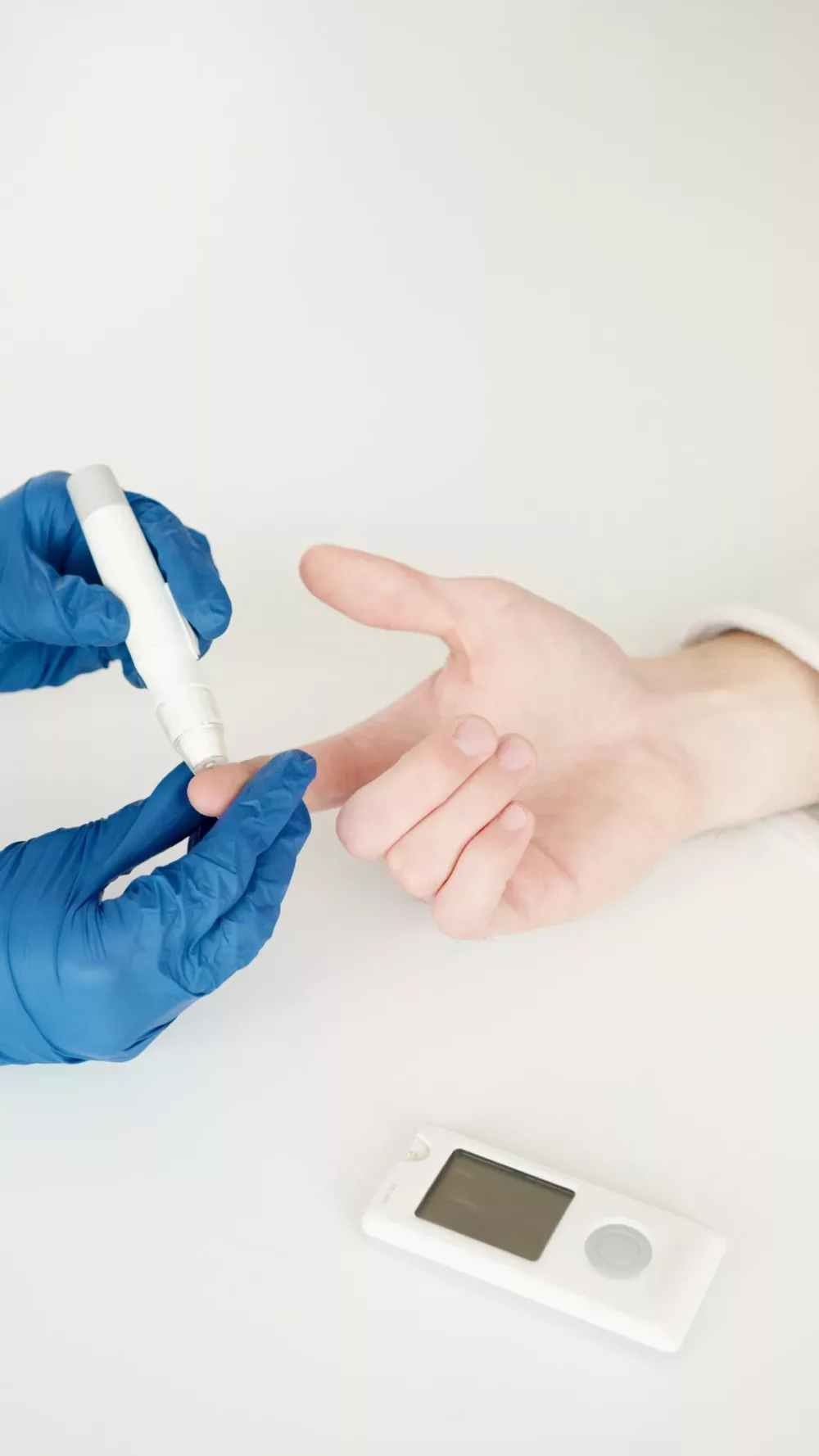Medicare beneficiaries frequently have diabetes, but thankfully, many parts of diabetic care are covered by the program, including preventive programs, doctor visits, lab tests, treatments, medical supplies, and wound care.
Does Medicare Cure Diabetes
Medicare
Medicare is a federal health insurance program available to those with End-Stage Renal Disease, those who are 65 or older, and those who are disabled and under 65 (ESRD).
Medicare provides coverage for various medical services, including doctor visits, hospital stays, and equipment like test strips for blood sugar. The Medicare program also offers prescription drug coverage.
The Medicare program is divided into the following sections, each covering a separate set of services and goods. Suppose you don't have another insurance plan that covers all or part of the patient cost-sharing. In that case, Medicare does not cover everything, and you often have to pay a percentage of the bill for many eligible services.
How to Obtain Diabetes Supplies Through Part B of Medicare
It would be best if you had a prescription from your doctor to receive your diabetes supplies through Medicare Part B. The recommendation should read:
- That you've been told you have diabetes.
- Why do you need a particular blood glucose monitor and test strips?
- How many times a day should you check your blood sugar?
- If you take insulin.
- How many lancets and test strips do you need each month?
What Parts of Medicare Cover Diabetic Supplies?
Medicare Part B
Outpatient care, such as specific diabetes supplies, screenings, and even education to manage your illness, is covered by Medicare Part B. Typically, Part B reimburses 80% of expenses. However, some preventative, medical, and nutritional therapy are provided without copays, deductibles, or coinsurance fees.
The management goods and preventative services covered by Part B include the following:
- Insulin pumps and the insulin used with the pump, as well as self-testing equipment, including lancets, continuous glucose monitors (CGMs), and blood glucose test strips.
- Foot checkups every six months, special footwear and shoe inserts, and preventive diabetes tests to measure blood sugar levels up to twice a year.
Medical nutrition therapy includes tests for macular degeneration, glaucoma, diabetic retinopathy, some types of cataract surgery, and cataract surgery.
How is Diabetes Covered under Medicare Advantage?
There may be various regulations if you have Medicare Advantage plan, but your plan must offer you nearly the same coverage as Parts A, B, and D. You might have different protections, rights, and options for where to receive your care. Even more, the advantages could be yours. Read your plan documents or get in touch with your plan for further details about coverage.
Additionally, there are Medicare Special Needs Plans (SNPs), a category of Medicare Advantage plan that only allows those with a particular illness, like diabetes, to enroll. The needs of the group that Medicare SNPs serve are considered when designing their benefits, provider options, and prescription formularies.
Program for Preventing Diabetes in Medicare
Nearly half of those over 65, according to the Centers for Disease Control and Prevention, have prediabetes. Blood sugar levels in a person with prediabetes are elevated but not high enough for a diabetes diagnosis. Your doctor will conduct a blood test to determine whether you have prediabetes.
The Medicare Diabetes Prevention Program teaches you healthful habits that will help you delay or prevent Type 2 diabetes. With a coach's assistance, the program teaches you how to set reasonable goals for lifestyle changes, control your weight, and establish relationships with others who share your objectives. The following people may be qualified for this program concerning the Centers for Disease Control and Prevention:
- Own a Body Mass Index (BMI) of 25 or greater (or a BMI of 23 or higher if you identify as Asian).
- Have never had Type 1 or Type 2 diabetes before.
- Have no end-stage renal disease.
Preventing diabetes Type 2 diabetes frequently affects adults due to dietary practices, inactivity, or lifestyle factors. To aid in preventing type 2 diabetes, you can participate in one Medicare-covered diabetes prevention program. The program comprises six months of weekly group sessions designed to motivate you to change your eating habits, exercise, and manage your weight and six months of follow-up sessions.
A BMI of 25 or more, sure hemoglobin or plasma glucose levels, and a lack of type 1 or 2 diabetes history are requirements for eligibility. You must participate in an approved Medicare Diabetes Prevention Program provider's program to fulfill Part B's needs.
Dietary treatment. If your doctor recommends nutrition therapy because you have diabetes or kidney problems, you should.
Therapy with food. If your doctor recommends nutrition therapy for you because you have diabetes or renal disease, you are entitled to coverage.
This program may include follow-up visits, individual and group nutritional counseling, assistance controlling lifestyle factors that affect your diabetes, and an initial diet and lifestyle assessment. A licensed dietitian or another trained nutritionist must provide the services for nutrition therapy.
Control of one's diabetes. Medicare will pay for up to an hour of private instruction, followed by nine hours of group instruction, to assist people with diabetes in managing their condition, controlling their food, managing their prescriptions, avoiding complications, and lowering their risks. To ensure you have access to these valuable Medicare benefits, it's crucial to enroll during the Medicare enrollment period to avoid any delays or penalties in coverage.
If you do this, you could add two more hours of follow-up training every year. Remember that to be eligible for this course. You must have a documented order from your doctor. Additionally, you might have to pay a copay.








Leave a Reply